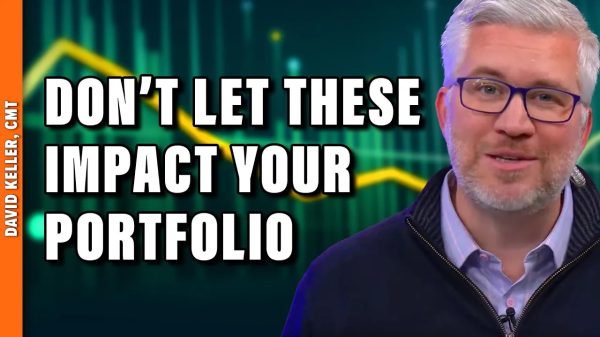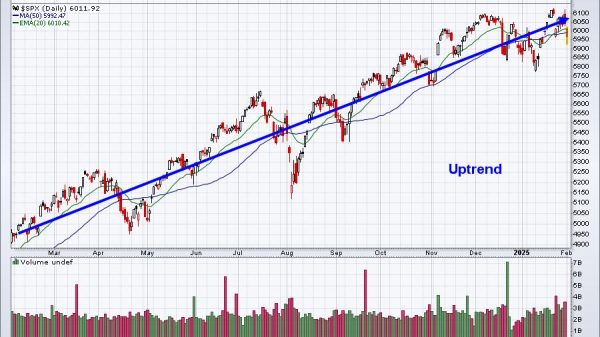I was recently in a room presenting to a group of about thirty. At one point, one of my fellow presenters said, “In my opinion, that is why this area of the country has lost so many jobs.” I held my tongue but couldn’t help but think, “Nobody cares about your so-called economic opinion.” Economics is based on the science of human action. We can, with certainty, deduce certain causes and effects. Your opinion on something is akin to saying, “In my opinion, Pluto is not a planet.” It’s irrelevant.
The Austrian school of economics, characterized by its focus on individual actions and praxeology, tends to view subjective opinions about the economy quite differently than other economic schools. From the Austrian perspective, the emphasis is predominantly placed on individual choice, subjective value, and spontaneous order, raising intriguing considerations about the relevance of individual economic opinions.
Praxeology: The Core of Austrian Economics
Austrian economics, primarily founded on Ludwig von Mises’s praxeological framework, asserts that human action is purposeful and driven by individual preferences and values. Praxeology studies human action and decision-making based on the assumption that individuals act to achieve their desired ends. In this light, the Austrian school pays little regard to economic opinions that are not grounded in action, since actions, not opinions, are the true determinants of economic outcomes. Further, we do not just say “the science of human action” for nothing. We mean quite literally that it is a science. We are not merely asserting opinions. We are using a praxeological approach to know certain things. This doesn’t mean we are infallible, but this is wholly different from just thinking, “Well, I suspect the reason for x is y.”
Subjective Value Theory
The subjective value theory, another core principle of Austrian economics, posits that the value of goods and services is not inherent but is subjectively perceived by individuals. Therefore, economic opinions on value, unless they translate into individual actions and choices in the market, remain irrelevant to the actual determination of prices and resource allocation in a free-market economy. Demonstrated preference is king in economics. I don’t care how much you tell me you value something. Trade me the value and I’ll believe you.
Spontaneous Order and the Price Mechanism
Austrians believe in the spontaneous order arising from the voluntary transactions of individuals in the market, with the price mechanism as the essential element conveying information about supply and demand. Opinions about what prices “should be” are inconsequential if they don’t reflect the actual willingness of individuals to pay, as it is the interaction of individual valuations and choices that shape market prices. I don’t care what you think a living wage is. We all have our own views on that, and not one of them matters for economics or reality.
Critique of Economic Interventionism
Given their emphasis on individual action and subjective value, Austrian economists are typically skeptical of economic interventionism and central planning. We believe that economic opinions and preferences used by planners to impose economic decisions can never replicate the dynamic and multifaceted nature of individual choices within the market. It is the freely made decisions of millions of individuals, not the opinions or plans of a select few, that form the true essence of economic activity. Further, it is logically understandable why certain things happened. We can look at these questions from a scientific perspective, not an opinion perspective.
Conclusion
From the Austrian economic perspective, the relevance of economic opinions is intrinsically linked to their manifestation in individual actions within the market. Austrian economists stress the importance of subjective value, spontaneous order, and praxeology, positing that it is individual choices and actions that truly shape economic realities, making mere opinions without corresponding actions or deductive reasoning inconsequential in the economic landscape.
Therefore, while economic opinions may generate stimulating discussions and reflections, Austrian economics implies that it is the myriad of individual choices and actions, happening spontaneously and voluntarily within the market, that really matter in the unfolding of economic phenomena. It is this enduring emphasis on action over opinion that distinguishes the Austrian school and continues to shape its distinctive approach to understanding economic complexities.























